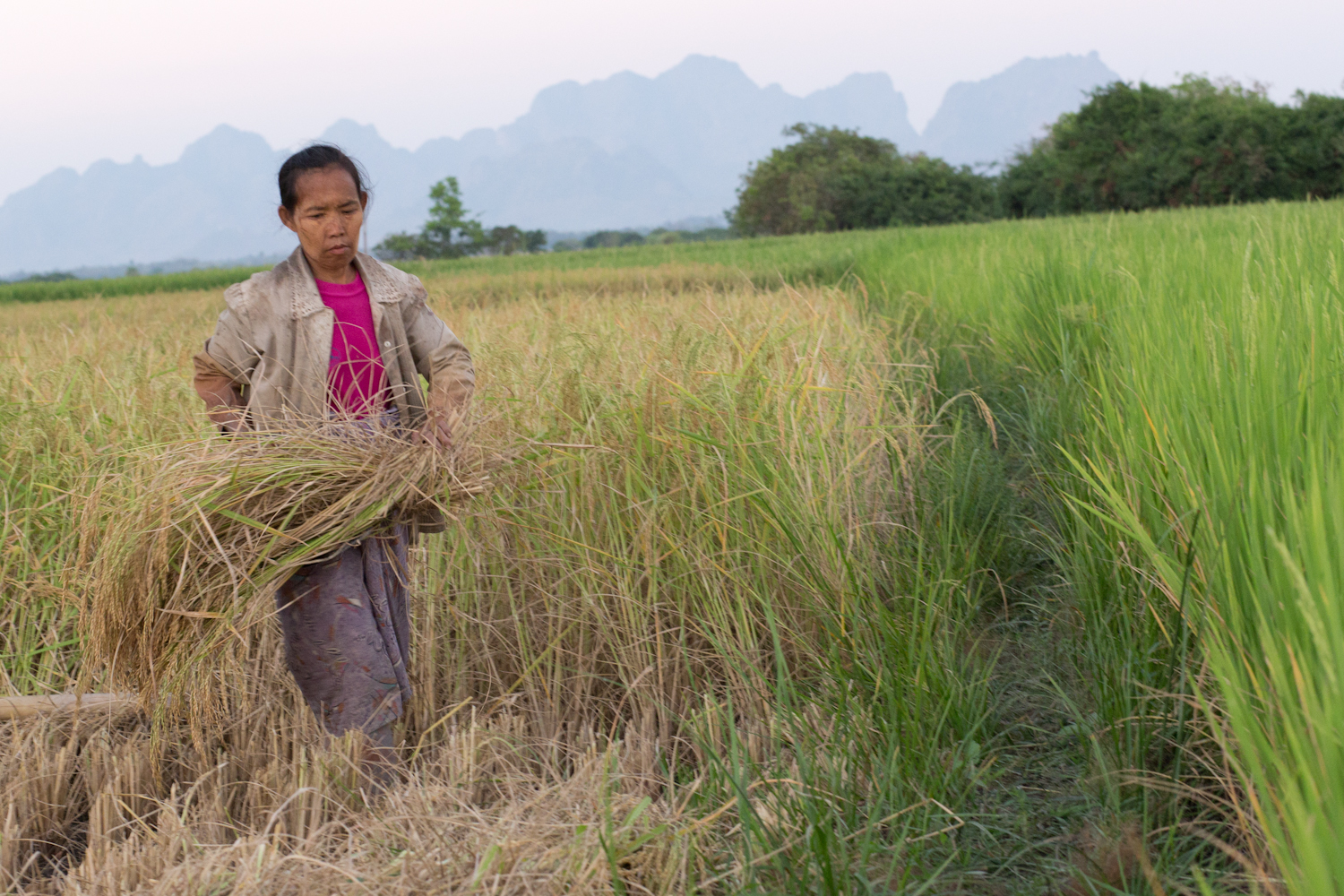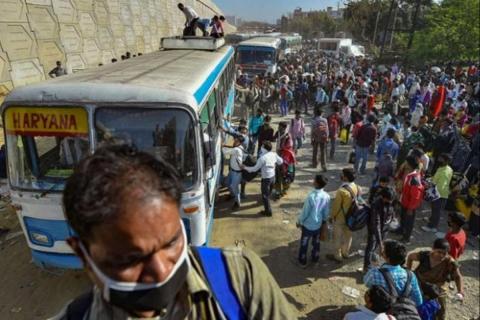Join us for the Land Rights and COVID-19 webinar and discussion series, which is presented by Land Portal, Landesa, the Global Protection Cluster HLP AOR and GIZ, with organizing support from Environmental Peacebuilding Association, LANDac, New America and the UK's Department for International Development (DFID). The 1st webinar in the series on Women’s Housing and Land Rights and Covid-19 will take place on Tuesday, May 26th, 2020.
Rural women make up a quarter of the world’s population, but many face legal and social barriers that limit their ability to access, use and benefit from the land they tend and depend on for their livelihoods. While women play an indispensable role in the rural economy, feeding families, conserving resources and contributing to community well-being, fewer than 15 percent of rural women have secure land rights, which impedes agricultural productivity and poverty alleviation and leaves women less empowered, economically and socially. Securing these rights is crucial to achieving a more equitable and sustainable world.
From large land acquisitions that displace communities without due compensation, to the encroachment of mining on indigenous lands, to the brunt of climate change and natural disasters, to everyday land and property deprivation by kin or state, women are typically more harshly impacted by land tenure insecurity due to discriminatory laws and lingering social bias. The covid-19 virus threatens to exacerbate a highly unequal situation.
This webinar will focus on women's land rights and the implications of covid-19 on vulnerable communities and groups who may face additional burdens as a result of the virus. In many countries, women are hesitant to participate in activities and to make claims related to women’s land rights. There is a fear that a consequence of the virus will be that women will be even less likely to make claims (especially related to inheritance) or register their land rights.
This webinar will explore a range of issues, including women's engagement and the degree to which women will be subject to familial land grabbing as a result of the local virus. It will also look at land governance and administration with respect to women's land rights. Additionally, it will consider concrete policy and program options that address the rising levels of gender-based violence - especially in light of restrictions obligating people to stay at home, thereby exposing vulnerable women to more violence.
Facilitator
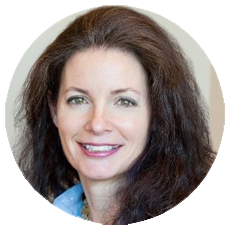
Karol Boudreaux
Chief Programs Officer
Landesa
Panelists
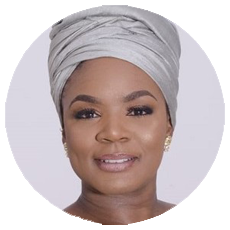
Ellen O. Pratt
Commissioner
Liberia Land Authority

Patricia Chaves
Director
Espaco Feminista, Brazil
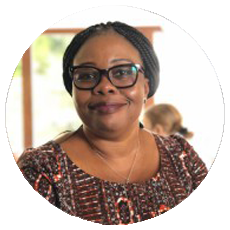
Nana Ama Yirrah
Executive Director
COLANDEF, Ghana
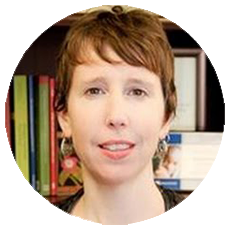
Victoria Stanley
Senior Land Specialist
World Bank

